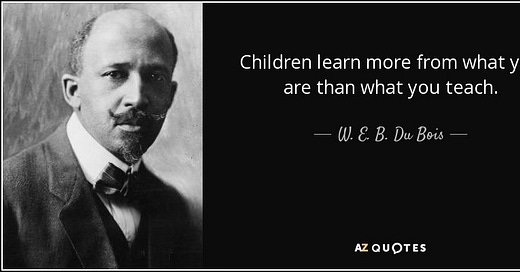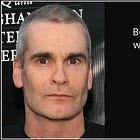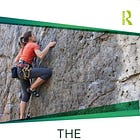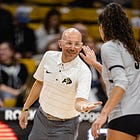In the prologue for this series I wrote about the value of a coaching philosophy, in part one I shared how I began developing my own in earnest, in part two I wrote about one place development can get stuck. In part three I discussed the role of reflection in learning of any kind. In part four I focused on what makes coaching authentic. I encourage you to read the previous parts to understand the full story behind developing your learning philosophy.
To wrap up, a short post with some questions for reflection to get you thinking about your stance.
In part 3 of this series, I talked about the importance of reflection and a little bit about areas of reflection. I thought it would be worthwhile to provide some questions that you may find useful for your own reflection.
The USOPC has published a magazine for many years, it is now called “Olympic and Paralympic Coach Magazine”. In the Fall 2013 edition, they printed an article titled, “The Periodization of Mental Skills Training in Coaching”. (You can find it here.) The opening of that article contains this suggestion (p. 25).
To begin clarifying a coaching philosophy we suggest that coaches reflect on the following questions:
How do I currently coach?
What characteristics/qualities do I want to be known for?
What is it like to be coached by me?
How do I want to communicate with my players/athletes?
What would I like my players/athletes to say about me when I retire?
These questions, while excellent, are also very broad. You can also ask questions about more specific areas of your coaching.
Here are some sample questions about culture:
What is the gym culture you want to create?
For instance, do you prefer soft or hard starting and ending times for practice?
What are the roles of coaches in creating that culture?
For instance, what role do you want coaches to play during warm ups or during strength and conditioning?
And some questions about feedback:
How do you want to treat an athlete who is learning a new skill?
How do you want to treat an athlete who is pursuing mastery of a skill they already possess?
In general, how do you want to treat yourself, your peers, or athletes during practices?
Which circumstances would change that treatment?
And some questions about accountability:
How do you hold your athletes accountable?
How do you hold yourself accountable?
Are athletes enabled to hold you accountable in any way?
Is the level of accountability you set sufficient to achieve the goals that have been set?
One last big picture question:
Do players play for you because of WHAT you teach, HOW you teach, or WHO you are?
Remember that there are not objectively correct answers to these questions. Your answers give you an opportunity to explore how you coach now, how you have coached in the past, and how you want to coach in the future.









